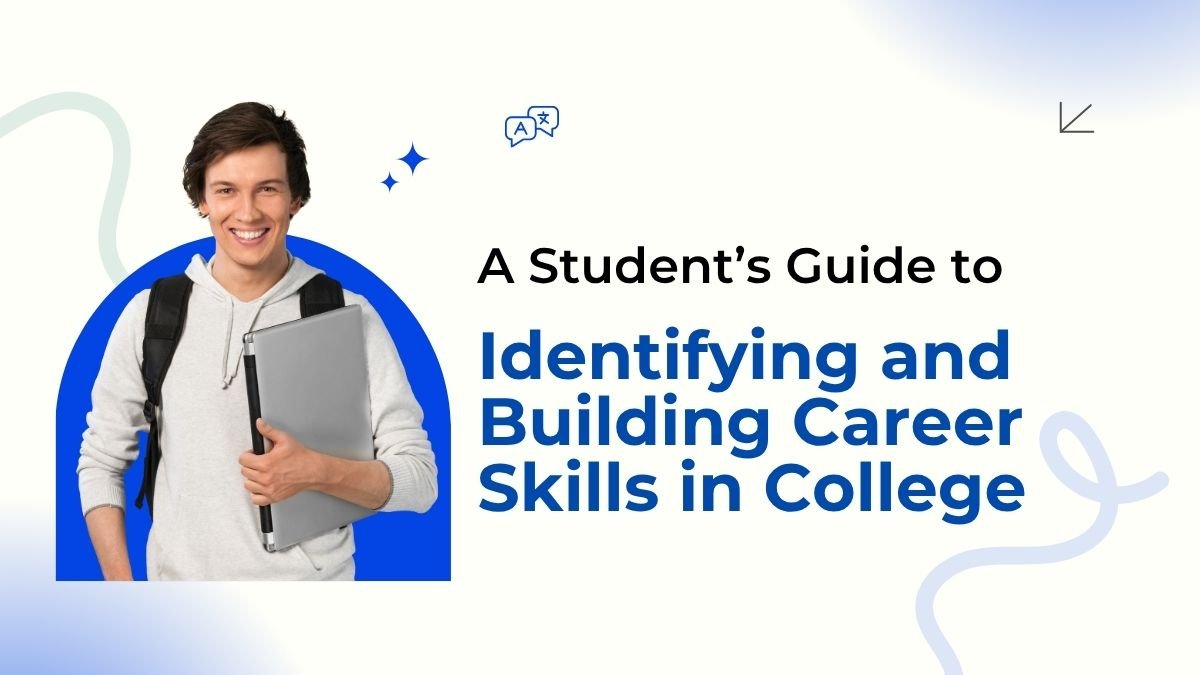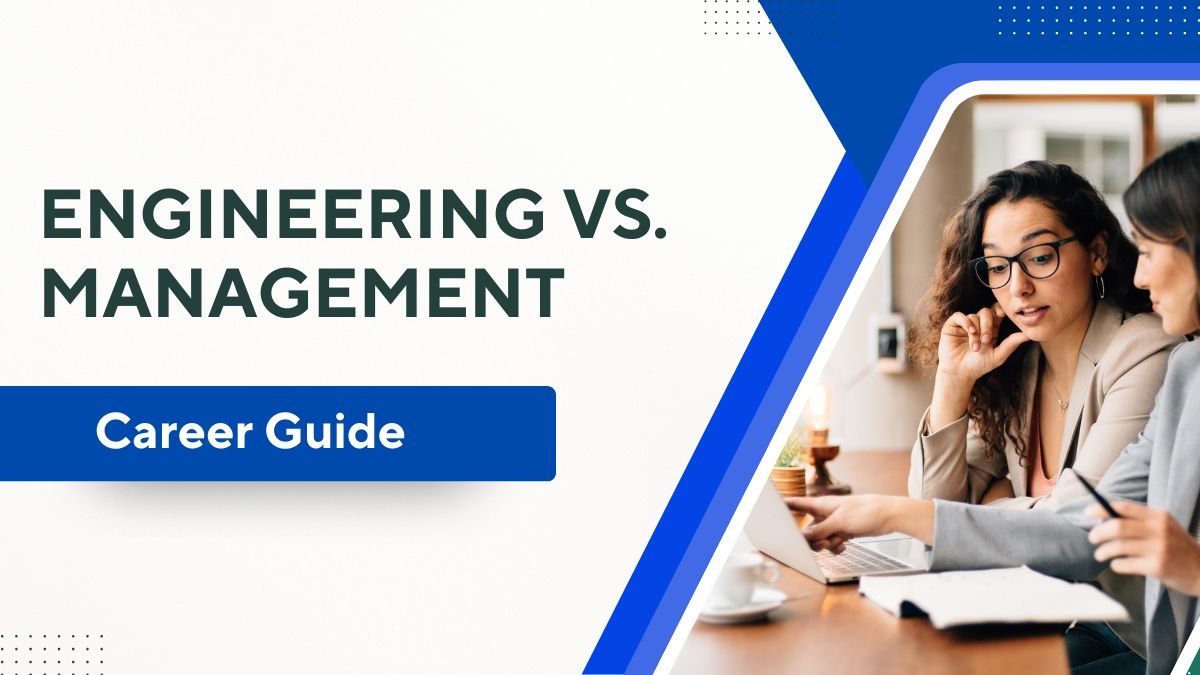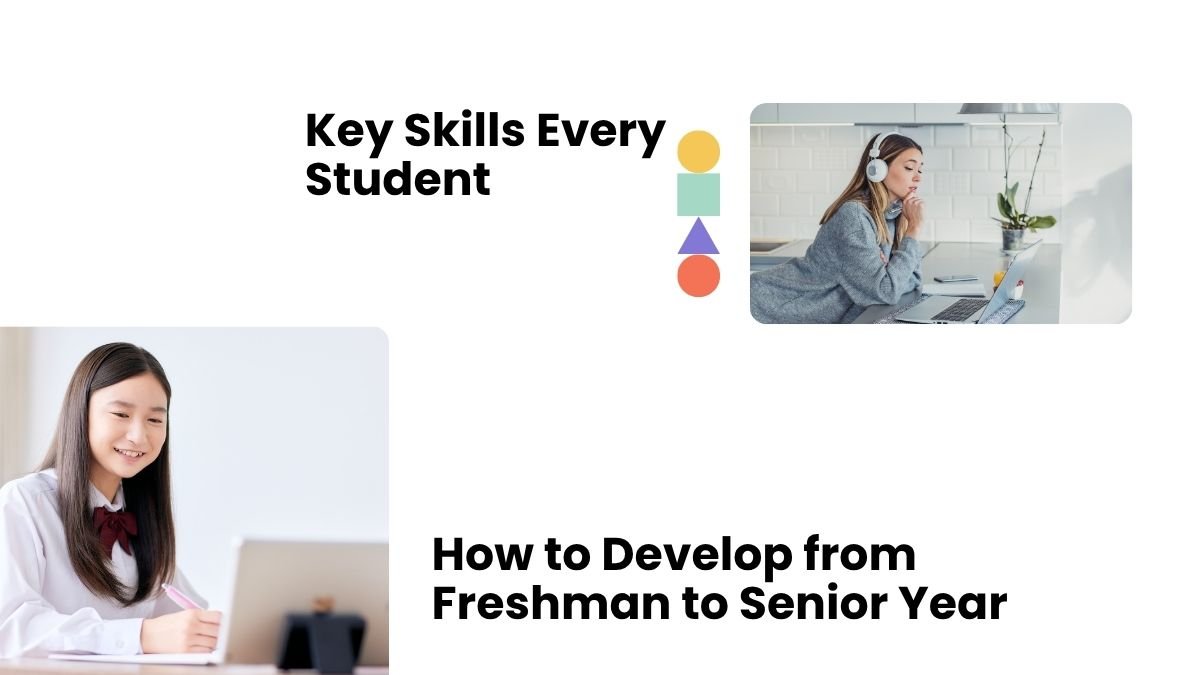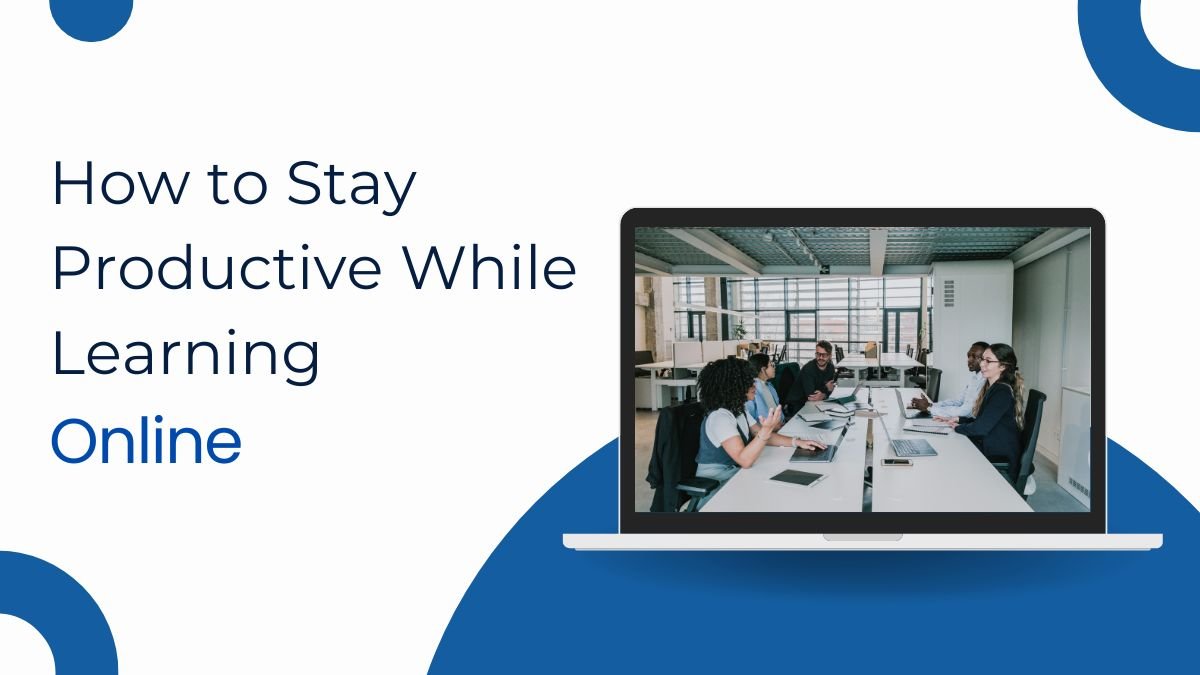How to identify and improve your skills during college?
College is not just a place to read books and pass exams. It is the time when you can understand yourself well, discover your interests and lay a strong foundation for your career. If you want, in 3–4 years of college you can not only get a degree, but also learn the necessary skills that will keep you ahead everywhere in the future.
Now the question arises – how?
So let us understand in detail how you can identify and improve your skills during college.
1. Self-Assessment: The first and most important step
To move forward in any work, it is first important to know yourself. Until you do not know what you can do and what you cannot, you will not be able to move in any direction.
How to know yourself?
- Consider your interests:Think about what subjects you enjoy. Do you like to speak, or listen? Do you prefer to work alone or in groups? Do you prefer to teach or learn?For example:
If you enjoy giving group presentations, you may have good communication skills. If you enjoy helping friends, you may have leadership or emotional intelligence. - Do a SWOT analysis:SWOT is a great way to get to know yourself. There are four aspects:
- Strengths: Like writing, designing, giving presentations
- Weaknesses: Like nervousness, lack of time management
- Opportunities: College events, workshops, internships, which can teach you something new
- Threats: Like lack of confidence, fear of criticism from others
- Take feedback from others:Your professors, seniors or friends can tell you better what they think you are capable of. Many times we underestimate ourselves, but when someone else appreciates us, our confidence increases.
2. Skill Exploration: Learn new things, learn new things
Now that you have understood yourself a little bit, the next step is to look for new skills and know which skills are useful for you.
How to do it?
- Participate in extracurricular activities:College has many clubs like dance club, theatre group, NSS, NCC, debate club, art club. By participating in these, you can uncover many hidden skills inside you.Debate teams allow you to learn different techniques of presenting and passing your arguments while making you understand the importance of some conceptual clarity within it.
- Attend workshops and seminars:College often has short sessions – like digital marketing, public speaking, financial literacy, personality development, etc. These sessions are not just for giving information, but to teach you new skills.
- Do internships and part-time jobs:The best way to know how a field feels is to work there for some time. Through internship, you not only learn skills, but also get to know whether you like that field or not.Example: If you are a BBA student and you do an internship in an event company, you can get skills like event planning, working with people, and crisis management.
3. Practice is the real learning (Practical Application): Apply what you have learned
No skill is learned just from books. Real learning happens when you use it again and again. Once learned skills are not applied regularly, they are quickly forgotten.
How to do it?
- Be active in group projects:Don’t do college assignments and projects just to pass. Consider them an opportunity to try out your skills.Example: If you do research and coordinate the team in a group project, then your leadership, analytical skills, and communication skills improve.
- Leadership Roles:If you become the coordinator of an event, president of a club, or vice president, you will get the opportunity to perform many responsibilities – like forming a team, distributing work, and taking decisions. All these can turn you into a good leader.
- Take advantage of college facilities:Every college has a Career Guidance Cell, Counselling Services, and Placement Cell. There are sessions like aptitude tests, interview practice, and resume building, which will help you prepare for the job.
4. Continuous Improvement: Learning should never stop
Skills do not become perfect once they are learned. It is important to update them with time and keep improving them continuously.
How to do it?
- Set Goals:Set a small and big goal for every skill.Example: “I will learn the basics of Excel in the next 3 months”, or “I will practice public speaking once a week”.
- Periodic assessment:Every few weeks, ask yourself –
- “Am I getting better?”
- “Where do I need to improve?”
- Stay connected with professionals:Connect with experienced people in your field on platforms like LinkedIn. Talk to them, know about their career journey and take advice from them.Sometimes a right mentor can change the direction of your life.
Some other things to always remember:
- Every student’s journey is different. Do not compare yourself with others.
- Skills are not just technical. Listening, understanding, proper use of time – these are also very important skills.
- Teach others what you have learned new. This will strengthen your understanding.
Conclusion: College gives more skills than degree – understand this
If you do not limit your college time to just studies and exams, then it can be a great opportunity to develop skills that will be useful throughout life.
- Know yourself through Self-Assessment
- Get new experiences through Skill Exploration
- Use the skills you have learned through Practical Application
- Keep improving through Continuous Improvement
When you graduate from college, you will have not just a degree but a strong skillset that will give you the strength to step into any field with confidence.

Bryan is a thoughtful writer who enjoys creating simple and useful content to help readers make informed decisions. His writing is focused on clarity, support, and real-life guidance.












